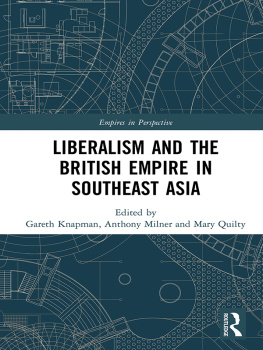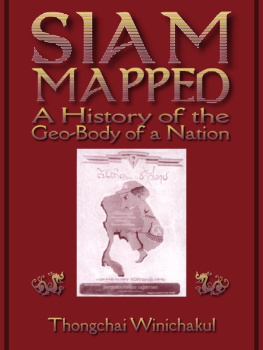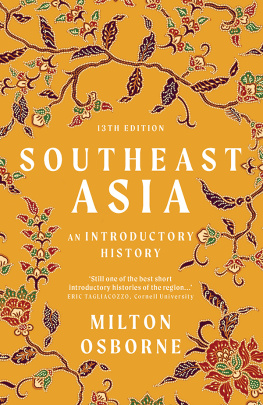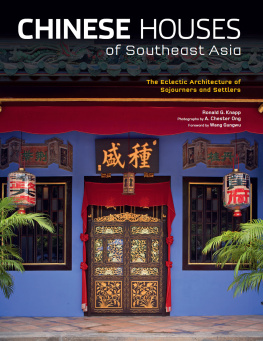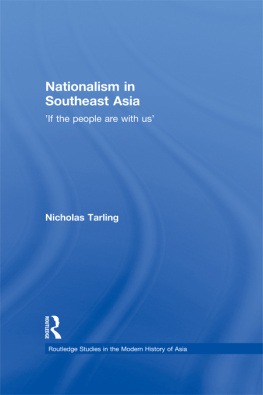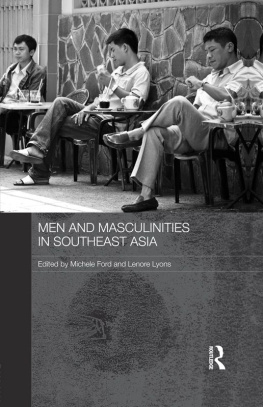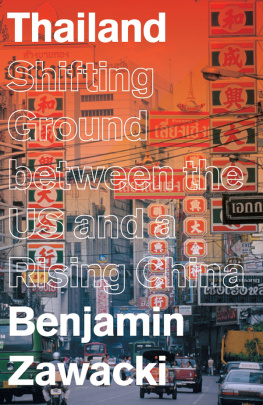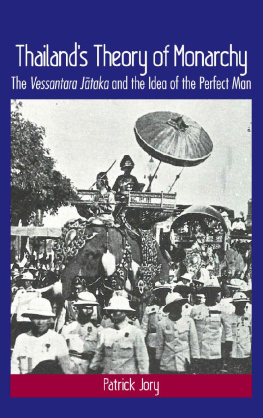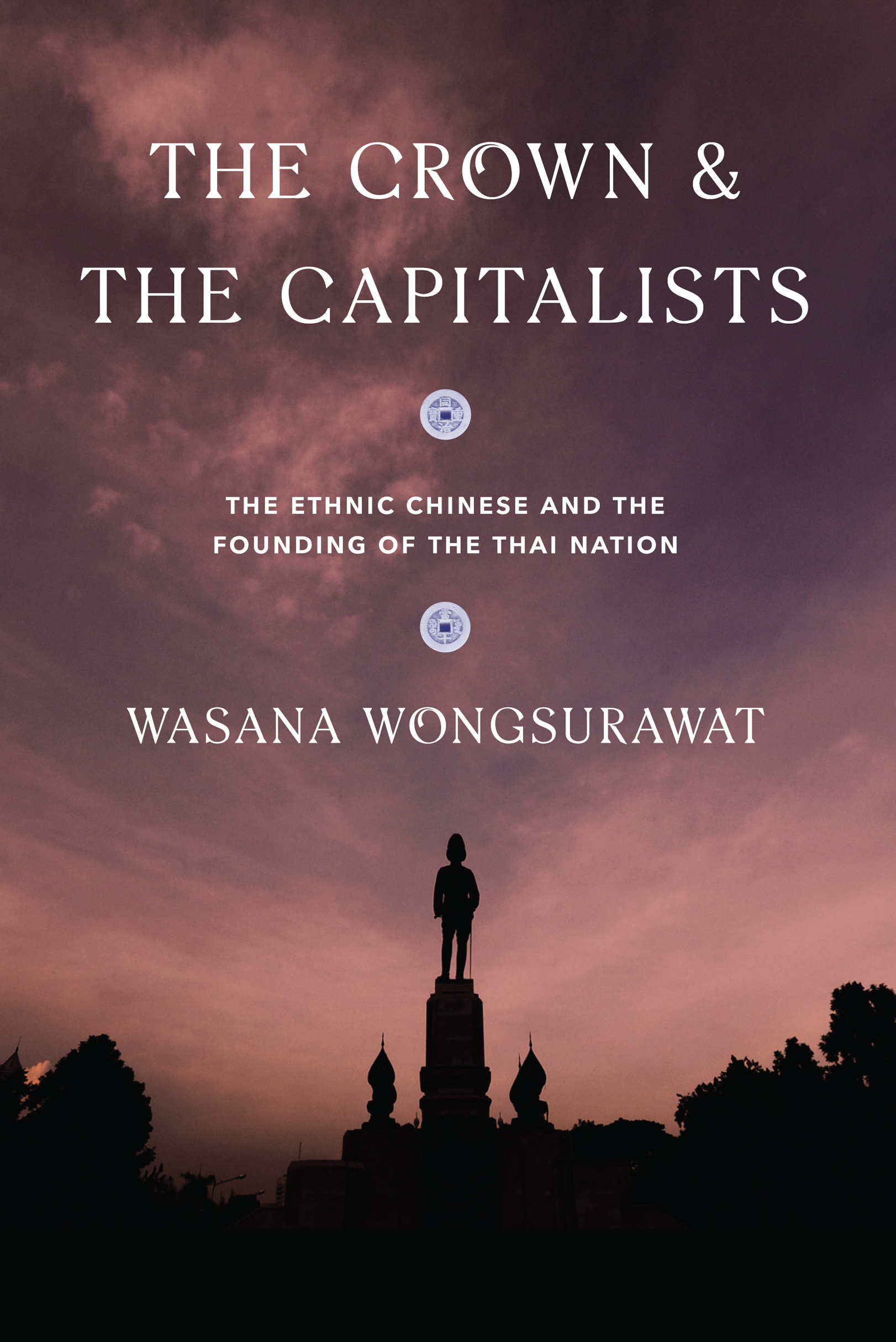Contents
Guide
Pagebreaks of the print version
CRITICAL DIALOGUES IN SOUTHEAST ASIAN STUDIES
Vicente Rafael and Laurie J. Sears, Series Editors
CRITICAL DIALOGUES IN SOUTHEAST ASIAN STUDIES
This series offers perspectives in Southeast Asian Studies that stem from reconsideration of the relationships among scholars, texts, archives, field sites, and subject matter. Volumes in the series feature inquiries into historiography, critical ethnography, colonialism and postcolonialism, nationalism and ethnicity, gender and sexuality, science and technology, politics and society, and literature, drama, and film. A common vision of the series is a belief that area studies scholarship sheds light on shifting contexts and contests over forms of knowing and modes of action that inform cultural politics and shape histories of modernity.
Imagined Ancestries of Vietnamese Communism: Ton Duc Thang and the Politics of History and Memory , by Christoph Giebel
Beginning to Remember: The Past in the Indonesian Present , edited by Mary S. Zurbuchen
Seditious Histories: Contesting Thai and Southeast Asian Pasts , by Craig J. Reynolds
Knowing Southeast Asian Subjects , edited by Laurie J. Sears
Making Fields of Merit: Buddhist Female Ascetics and Gendered Orders in Thailand , by Monica Lindberg Falk
Love, Passion and Patriotism: Sexuality and the Philippine Propaganda Movement, 18821892 , by Raquel A. G. Reyes
Gathering Leaves and Lifting Words: Histories of Buddhist Monastic Education in Laos and Thailand , by Justin Thomas McDaniel
The Ironies of Freedom: Sex, Culture, and Neoliberal Governance in Vietnam , by Thu-hng Nguyn-v
Submitting to God: Women and Islam in Urban Malaysia , by Sylva Frisk
No Concessions: The Life of Yap Thiam Hien, Indonesian Human Rights Lawyer , by Daniel S. Lev
The Buddha on Meccas Verandah: Encounters, Mobilities, and Histories along the Malaysian-Thai Border , by Irving Chan Johnson
Dreaming of Money in Ho Chi Minh City , by Allison Truitt
Mapping Chinese Rangoon: Place and Nation among the Sino-Burmese , by Jayde Lin Roberts
The New Way: Protestantism and the Hmong in Vietnam , by Tm T. T. Ng
Imperial Bandits: Outlaws and Rebels in the China-Vietnam Borderlands , by Bradley Camp Davis
Living Sharia: Law and Practice in Malaysia , by Timothy P. Daniels
Mediating Islam: Cosmopolitan Journalisms in Muslim Southeast Asia , by Janet Steele
The Crown and the Capitalists: The Ethnic Chinese and the Founding of the Thai Nation , by Wasana Wongsurawat
THE CROWN AND THE CAPITALISTS
THE ETHNIC CHINESE AND THE FOUNDING OF THE THAI NATION
WASANA WONGSURAWAT
UNIVERSITY OF WASHINGTON
Seattle
The Crown and the Capitalists was published with the assistance of a grant from the Charles and Jane Keyes Endowment for Books on Southeast Asia, established through the generosity of Charles and Jane Keyes.
This book was also supported by a grant from the Association for Asian Studies First Book Subvention Program.
Copyright 2019 by the University of Washington Press
Printed and bound in the United States of America
Composed in Minion Pro, typeface designed by Robert Slimbach
23 22 21 20 19 5 4 3 2 1
All rights reserved. No part of this publication may be reproduced or transmitted in any form or by any means, electronic or mechanical, including photocopy, recording, or any information storage or retrieval system, without permission in writing from the publisher.
UNIVERSITY OF WASHINGTON PRESS
uwapress.uw.edu
LIBRARY OF CONGRESS CATALOGING-IN-PUBLICATION DATA ON FILE
LC record available at https://lccn.loc.gov/2019018124
ISBN 978-0-295-74625-8 (hardcover)
ISBN 978-0-295-74624-1 (paperback)
ISBN 978-0-295-74626-5 (ebook)
COVER DESIGN : Katrina Noble
COVER PHOTOGRAPH : Memorial statue of King Rama VI, by Silpa Bhirasri (born Corrado Feroci), 1942. Lumpini Park, Bangkok, Thailand. Photograph by Adaptor Plug, 2009, Flickr.com.
The paper used in this publication is acid free and meets the minimum requirements of American National Standard for Information SciencesPermanence of Paper for Printed Library Materials, ANSI Z 39.481984.
CONTENTS
PREFACE
In the same way that it is physically impossible for one to get a comprehensive view of oneself without looking in a mirror, it is virtually impossible to get a comprehensive perspective on the history of the nation-state and nationalism through the mainstream narrative of nationalist history. This book therefore investigates the history of the nation-state and nationalism in Asia through the transnational perspective. The case study that lies at the center of this investigation is the evolution of the Thai nation-state from the mid-nineteenth century to the late twentieth century. Instead of relying solely upon Thai sources and secondary materials, it investigates the history of Thai nation-building from three main perspectives. The first, as reference and historiographical context, is the perspective of the Thai state through the different periods within this time frame. This part of the narrative is constructed largely on primary sources gathered from the National Archives of Thailand and an abundance of secondary materialspublished research, books, journal articles, and graduate theses at the masters and doctoral levelsin both Thai and English.
The second perspective comes from the Chinese state and its communications with the ethnic Chinese community in Thailand during this period. The perspective of the Chinese state represents that of a competing nationalist movement that came into being almost at the same time as the earliest royalist-nationalist movement, led by King Vajiravudh in the early 1910s. The perspective of leading personalities in the ethnic Chinese community in Thailand shows a transnational community negotiating, compromising, and at times resisting the rising forces of nationalism that were constantly pressuring them to declare loyalty to one nation and to relinquish their ties with all the rest in their extensive and long-standing transnational networks. This alternative perspective is constructed from primary materials collected from the national archives of the Republic of China (Taiwan), the Academia Historica in Taipei, and secondary materials from Chinese-language newspaper articles, memoires, and memorial volumes published by leading individuals and organizations within the ethnic Chinese community in Thailand.
Finally, the third perspective is that of the powerful outsiderthe colonial powers as represented by the British Empire in East and Southeast Asia. The British perspective as gathered from the Public Record Office at Kew Garden in London provides insight into the relationship between the British Empire and the Thai and Chinese governments at different points in time throughout the period in question. It also provides a comparative perspective since Britain was also struggling with the rise of Chinese nationalism as well as resistance from ethnic Chinese and Chinese communist insurgence in many parts of the British colonial empire in Southeast Asia. The British perspective also provides a useful comparative view from the standpoint of a Western/colonial power as opposed to the rising nationalist perspectives provided by state documents of both Thailand and China through much of the period.
Collecting and analyzing an extensive body of primary and secondary materials from three national archives and numerous library collections across the publishing universe of English, Chinese, and Thai languages allows for a broader and more comprehensive understanding of the transnational history of the founding of the Thai nation, which is the main focus of this book. Yet it creates more than a few complications in terms of theoretical frameworks, historical periodization, and at the most basic level, the systems of translation and transliteration. While the primary historical timeline in main narrative is that of Thai history, which is my principal area of investigation, this book employs the Gregorian calendar as is the common practice in academic publication in English. Hence, certain important historical incidents that are normally dated in Thai history in the Buddhist era or Rattankosin era are given as Common Era dates instead. For example, the Siamese Revolution is called the Siamese Revolution of 1932 (CE) instead of the Siamese Revolution of 2475 BE (Buddhist Era), and the foiled republican coup at the beginning of Vajiravudhs reign is the coup of 1912 instead of the coup of 130 RE (RE, Rattanakosin Era, begins with the establishment of the ruling dynasty). Romanization of proper nouns, when possible, follows the style employed by the named individual or organization. For common nouns or in cases where the original style is unknown, the Royal Thai General System of Transcription is used for Thai words, while Chinese terms are transliterated using the Hanyu Pinyin system.


